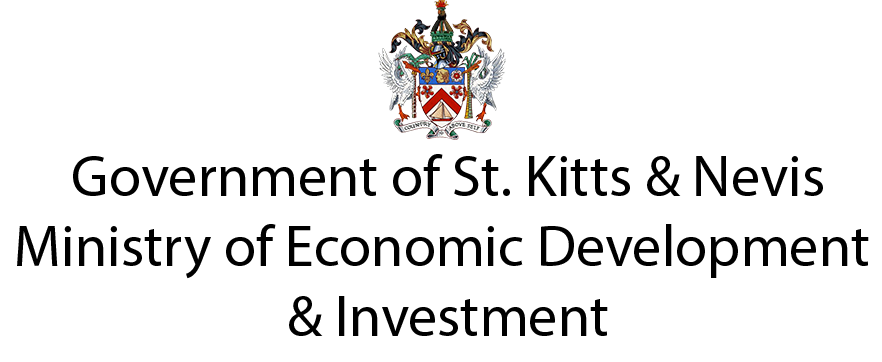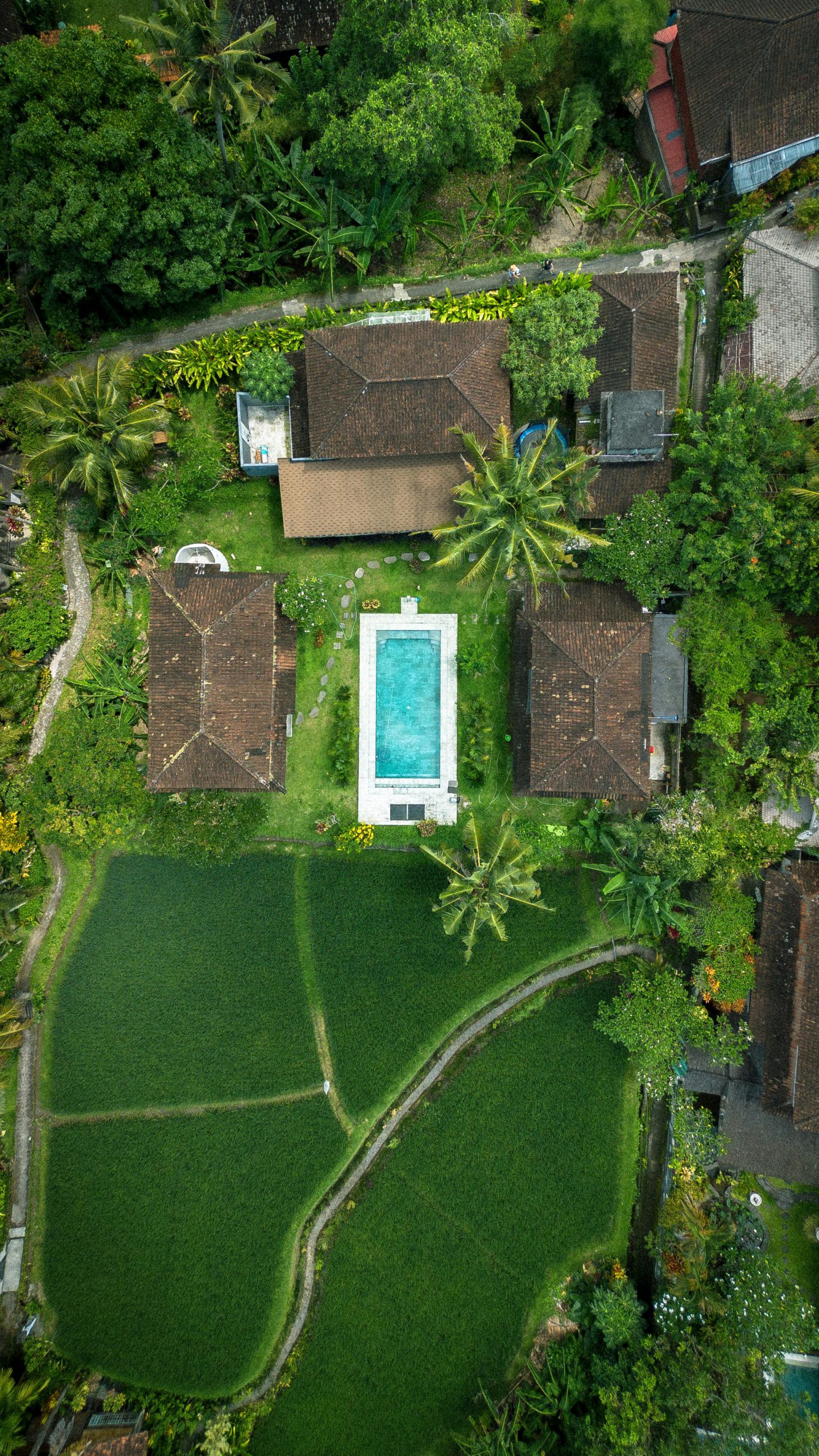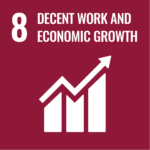Economic Development
Summary
Sustained growth is essential for long-term development. COVID-19 has significantly hurt the country’s economic performance, especially its main growth driver, tourism, which has triggered a multiplier effect on industries such as agriculture, transportation, wholesale and retail, and construction.
The recovery from COVID-19 has been a gradual process. However, despite uncertainties in the global economy, the economic outlook for St. Kitts and Nevis remains positive based on growth prospects aligned with the country’s National Development Planning Framework (NDPF).
According to this framework, the government will focus on four key areas to promote growth: 1) Economic Growth—Getting the Macro-economic Framework Right, 2) Refocusing the Tourism Sector, 3) Economic Diversification by transforming the agriculture, manufacturing, and financial services sectors, and 4) Capitalizing on emerging opportunities in the digital, blue, and creative economies.



